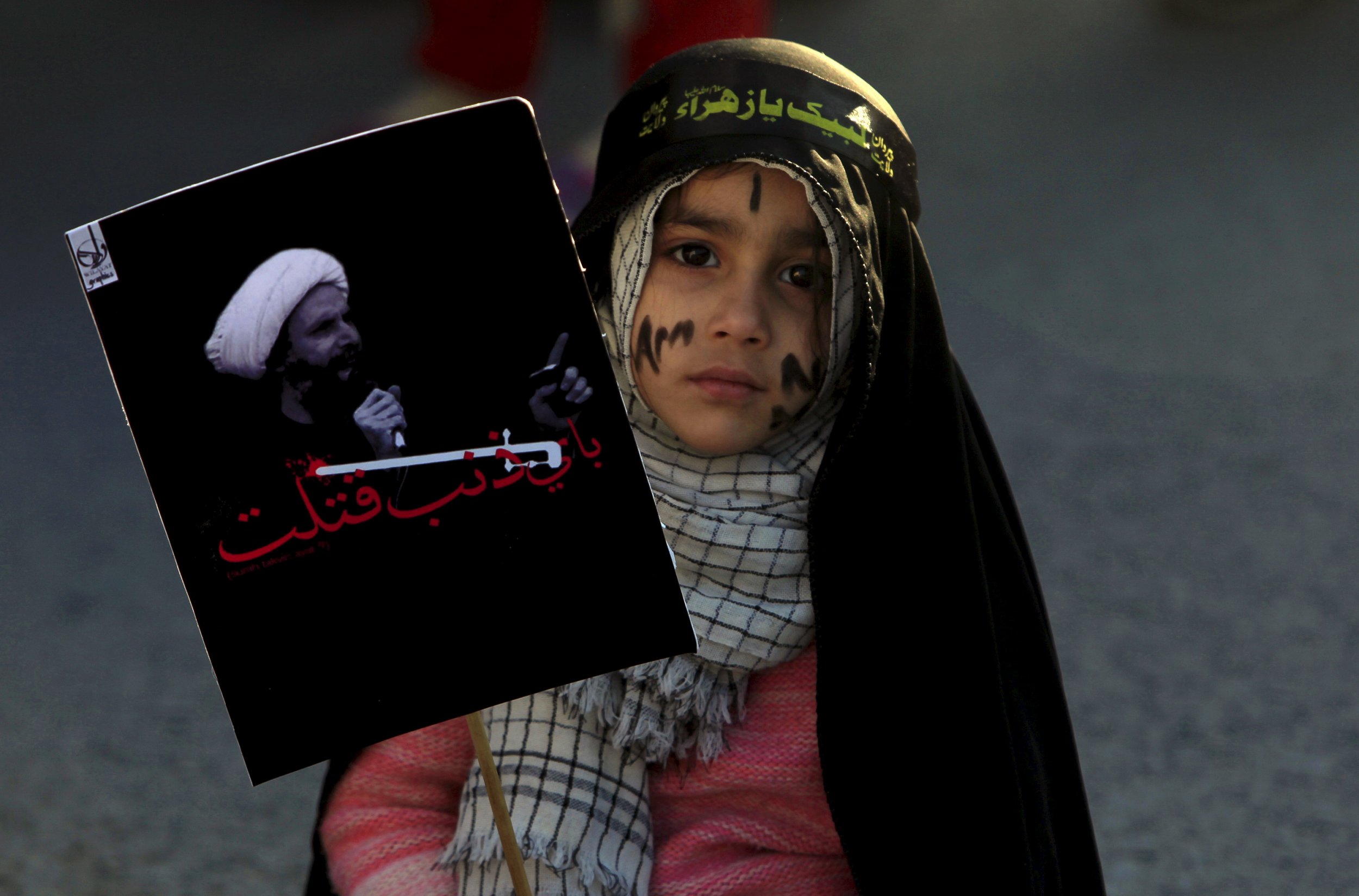
Saudi Arabia executed its 70th convict of the year on Sunday, bringing the total number of executions in the country to almost half the entire total for last year.
Saudi authorities executed Alaa al-Zahrani in the coastal city of Jeddah on charges of murder, the interior ministry revealed in a statement published by Saudi Arabia's official state news agency, SPA.
Al-Zahrani was found guilty of killing a man, Abdullah al-Sumairi, with a rock to the head, according to AFP news agency.
The toll of 70 executions is nearly half of the 153 people killed in 2015, and includes 47 people executed for "terrorism" on January 2, among them the prominent Shiite cleric Nimr al-Nimr.
His execution, which was part of the largest mass execution in Saudi Arabia for decades, sparked protests across the Middle East among the region's various Shiite populations.
Last year saw the most executions take place in Saudi Arabia for two decades. According to figures published by Amnesty International, the last time the state's executions surpassed 150 in a year was 1995, when authorities executed 192 people.
While Saudi executions are numerous, the country still ranked only third for total executions in 2014, behind China and Iran, but ahead of Iraq and the United States.
Analysts point to a number of reasons for an increase in Saudi executions, such as instability from domestic jihadis, the Arab Spring uprisings and changes to the judicial system in the Gulf state, accelerating a backlog of death sentences.
Saudi's ruling Al Saud family has become increasingly anxious about the country's security because of turmoil across the Middle East, which has allowed their main regional rival and Shia powerhouse Iran to exert its influence in neighbouring Yemen, as well as Syria.
Saudi Arabia executed its 70th convict of the year on Sunday, bringing the total number of executions in the country to almost half the entire total for last year.
Saudi authorities executed Alaa al-Zahrani in the coastal city of Jeddah on charges of murder, the interior ministry revealed in a statement published by Saudi Arabia's official state news agency, SPA.
Al-Zahrani was found guilty of killing a man, Abdullah al-Sumairi, with a rock to the head, according to AFP news agency.
The toll of 70 executions is nearly half of the 153 people killed in 2015, and includes 47 people executed for "terrorism" on January 2, among them the prominent Shiite cleric Nimr al-Nimr.
His execution, which was part of the largest mass execution in Saudi Arabia for decades, sparked protests across the Middle East among the region's various Shiite populations.
Last year saw the most executions take place in Saudi Arabia for two decades. According to figures published by Amnesty International, the last time the state's executions surpassed 150 in a year was 1995, when authorities executed 192 people.
While Saudi executions are numerous, the country still ranked only third for total executions in 2014, behind China and Iran, but ahead of Iraq and the United States.
Analysts point to a number of reasons for an increase in Saudi executions, such as instability from domestic jihadis, the Arab Spring uprisings and changes to the judicial system in the Gulf state, accelerating a backlog of death sentences.
Saudi's ruling Al Saud family has become increasingly anxious about the country's security because of turmoil across the Middle East, which has allowed their main regional rival and Shia powerhouse Iran to exert its influence in neighbouring Yemen, as well as Syria.